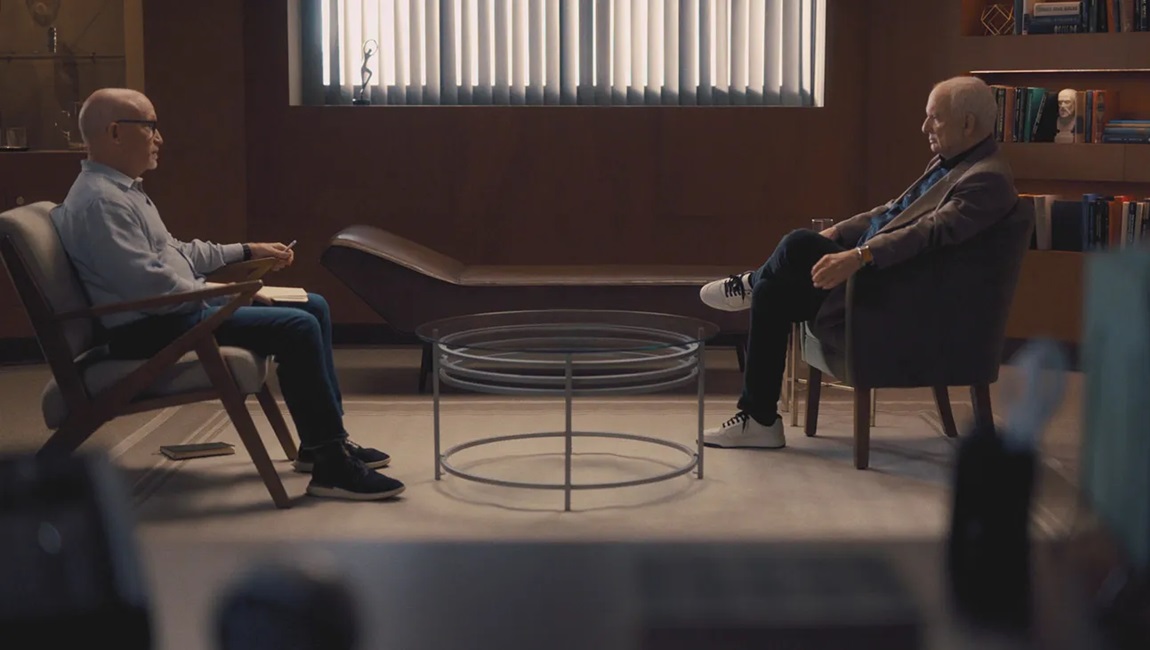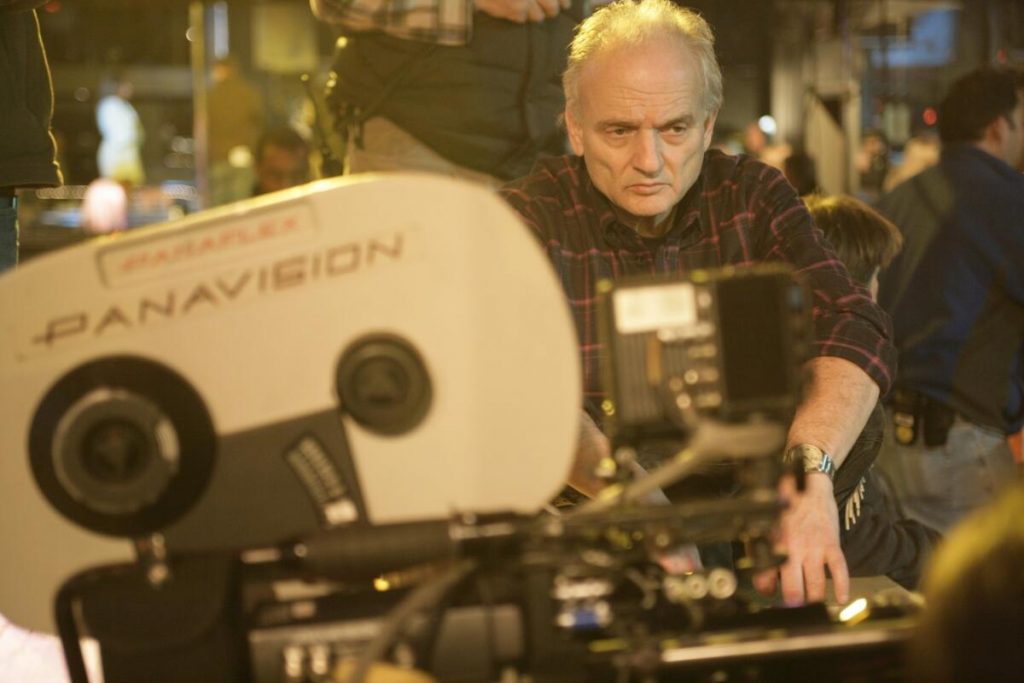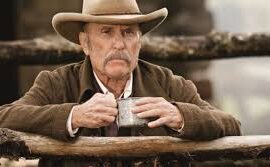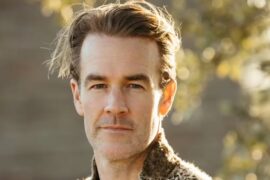
Am I disappointed in the new HBO/Crave documentary “Wise Guy: David Chase and The Sopranos”? Fagettbout it. The two-part film, streaming now on Max in the US and Crave in Canada, is brilliant.
Oscar winning director Alex Gibney (“The Inventor: Out for Blood in Silicone Valley”) turns the tables by putting Chase, now 79, in a recreation of Dr. Melfi’s psychiatrist’s office from The Sopranos. Chase is shown arriving at a studio and entering the set. He offers tepid congrats to Gibney for getting the teak-walled shrink space right.
He also squrims as much as Tony Soprano ever did in those classic doctor/patient scenes opposite Lorraine Bracco as Melfi. Chase was under the impression that the series, 25 years past its 1999 premiere, was being psychoanalized, not him. According to Gibney, Chase almost walked off his own documentary.
The writer/director/executive producer, however, survived enough shrink sessions of his own to appreciate a good storyline. The probing is apt as Gibney explores the notion that there was a lot of Chase in Tony Soprano. Both had problems with their mothers; fans will recall Tony’s tried to have her son whacked. Chase has been candid in the past about that tense connection with his own mother.
He praises the performance of Nancy Marchand as matriarch Livia Soprano. Chase also reveals he was going to kill that character off at the end of the first season. Marchand, however, confided to her boss that she was dying of cancer and asked to remain on the series as long as possible. She survived another season before taking a final bow in a CGI-enhanced rendering stitched together for continuity in Season 3.

The two-part documentary also puts Gandolfini back on the couch, suggesting the actor and the character were sometimes too close for comfort. Then there is the connection between Chase and Gandolfini, two guys from New Jersey with mommy issues and very dark senses of humour.
advertisement
Gandolfini’s death in 2013 at 51, six years after The Sopranos ended, is covered in the doc, with Chase’s eulogy at the actor’s funeral perhaps the film’s emotional high point.
Many of the surviving cast members reflect back on the series, including Steven Van Zandt (Silvia Dante), Michael Imperioli (Michael), Edie Falco (Carmela) and Drea de Matteo (Adriana) providing insights. De Matteo, at one point, in illustrating Gandolfini’s generosity, reveals that the lead actor, after holding out for a fat raise, wrote cheques for 30-grand and distributed them to her and other members of the cast. This came as news to Falco, who composes herself and agrees that Jimmy could be a generous man.
Perhaps the one with the most interesting perspective on the series is Bracco. While she claims she is nothing like her shrink character, she’s pretty astute when it comes to analyzing the series. Adding insight is writer Terry Winter (who went on to Boardwalk Empire), one of the few Chase trusted to push the series in new directions. The doc also allows former HBO head Chris Albrecht to weight in on the series origins.

I am among the many critics who considers The Sopranos to be in a class by itself as a top TV drama. Chase talks about setting the bar crazy high and going to extremes to not conform to the writing and producing of conventional series. He himself was schooled on some pretty good ones coming up in the business, writing and producing on such superior shows for their time as The Rockford Files, I’ll Fly Away and Northern Exposure. Hitting their marks through all the raised expectations of six intense seasons (seven really, as is explained in the doc) took a toll on both Chase and Gandolfini.
One final note: The Sopranos, in retrospect and for many at the time, is a very violent show. The mix of darkness and dark humour, seen as audacious and clever 25 years ago, seems bloody harsh today. Chase/Gandolfini/Tony all loved New Jersey and paid homage to its look and culture and the place became a major character in the series. That the series was about a murderous mob boss who pushed antihero in a whole deadly direction was a point Chase made sure to underline many times.
The doc does as well, and the effect is bracing. The world seems a darker place in 2024 than it did in 1999. New Jersey is everywhere now, and we all seem to be trying to run for our lives through the Pine Barrens.
Having said that, if you love this series, do not miss “Wise Guy: David Chase and the Sopranos.” Chase has more than earned this salute, whether he saw the ending coming or not.






